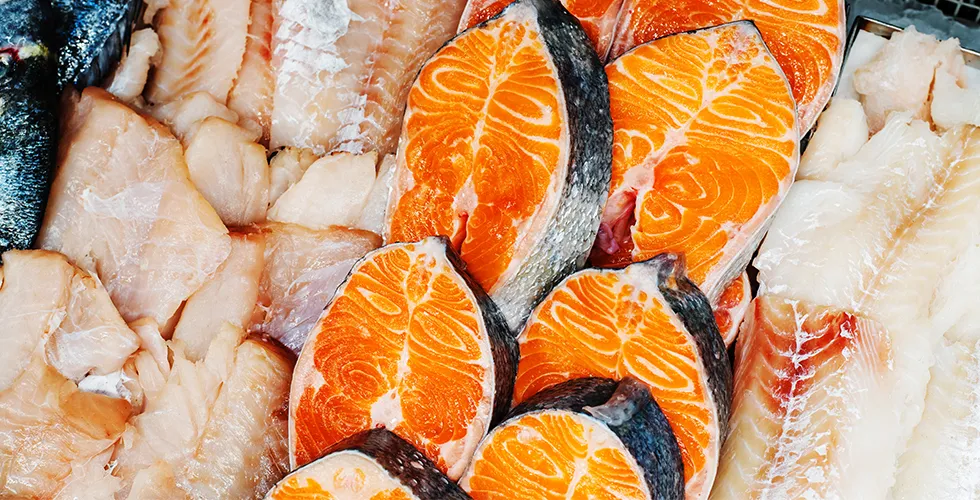Fish can be one of the healthiest and most sustainable protein sources—if you know which ones to choose. Some species are loaded with beneficial omega-3 fatty acids, are low in mercury, and are harvested in ways that support ocean ecosystems.
Others, unfortunately, contain higher levels of toxins or come from overfished or poorly managed sources.
Here’s a guide to five of the healthiest fish to eat and five you should limit or avoid.
Among the best choices is Pacific chub mackerel, which is high in omega-3s, low in mercury, and caught using methods that protect marine habitats. It’s also rich in protein and holds up well to bold seasonings.
Wild-caught salmon, especially from Alaska, is another top pick. Not only is it heart-healthy and full of omega-3 fats, but it’s also harvested from well-managed fisheries. Canned salmon, often sockeye or pink from Alaska, is an affordable and calcium-rich option.
Sardines, whether fresh or canned, are nutritional powerhouses—rich in omega-3s, calcium, and vitamin D. Because they reproduce quickly, they’re also highly sustainable.
Rainbow trout, particularly when farmed in U.S. tanks or indoor systems, is low in contaminants and packed with essential nutrients like vitamin B12 and selenium.
Herring offers more omega-3s per serving than many other fish and is often caught using low-impact methods, making it both nutritious and ocean-friendly.
On the other hand, the following fish should be consumed with caution.
North Atlantic swordfish is often cited for its high mercury content, making it risky for pregnant women and children.
Orange roughy, a long-living, slow-reproducing species, is both overfished and high in mercury.
Farmed Atlantic salmon from open-net pens raises environmental concerns due to pollution, disease, and heavy antibiotic use.
Imported mahi-mahi, especially from Central and South America, is associated with high bycatch rates of sea turtles and sharks. Lastly, Atlantic halibut is overfished and commercially restricted in the U.S.; Pacific halibut is a more sustainable alternative.
Making informed seafood choices supports not only your health but also the health of our oceans. Look for low-mercury, sustainably sourced fish whenever possible.

